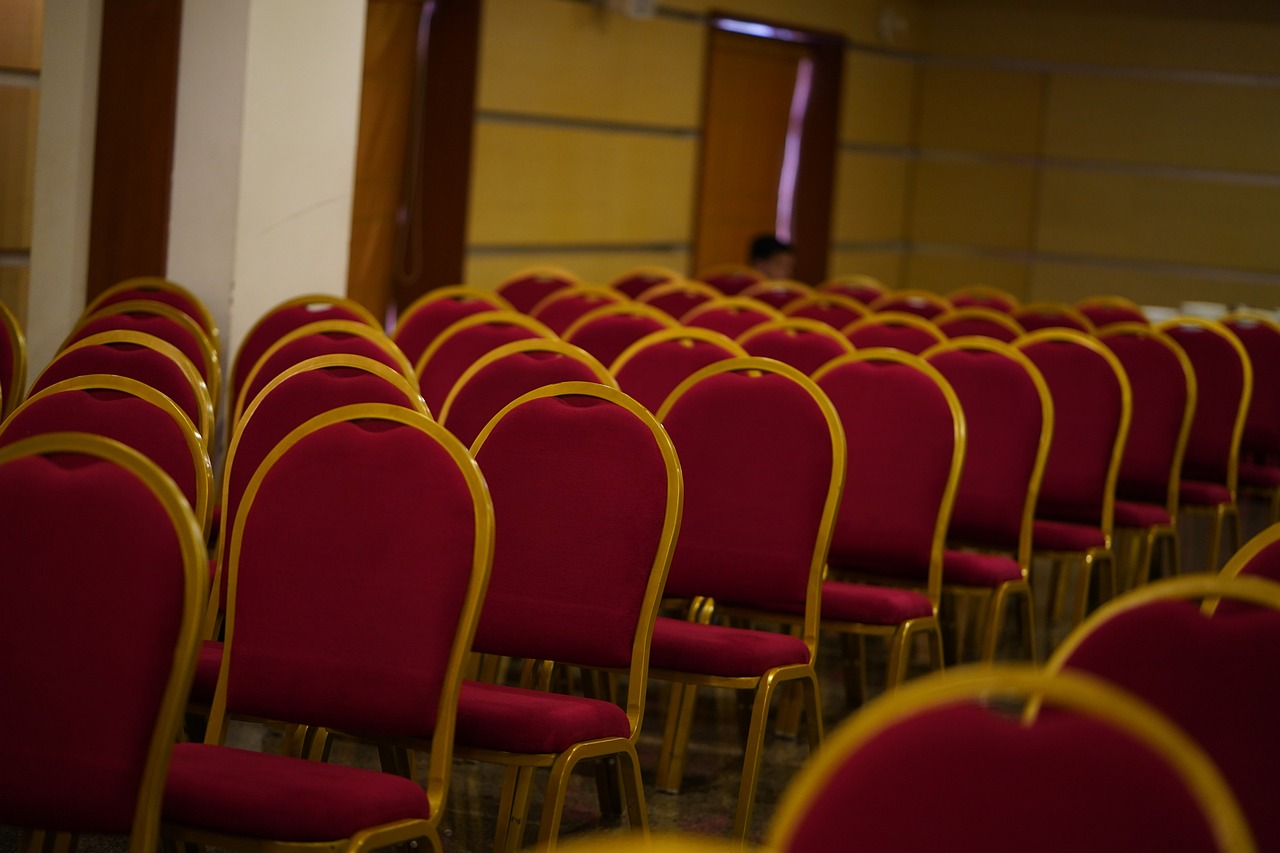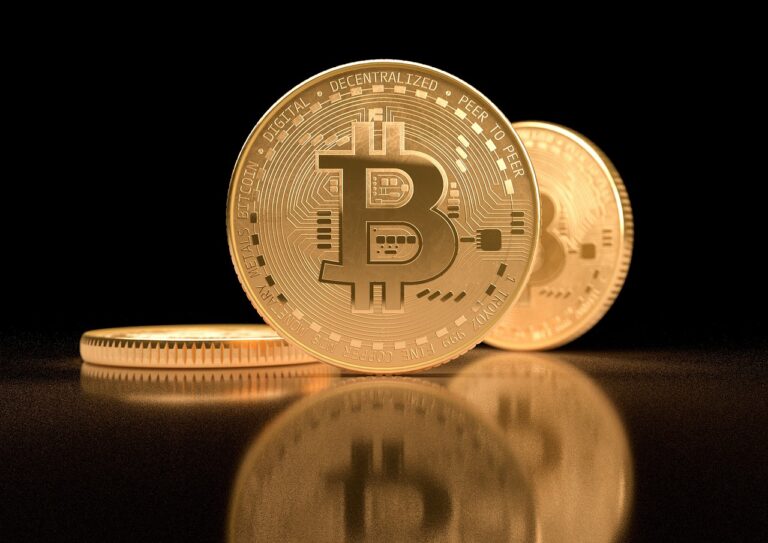Quantum-Secure Satellite System Cybersecurity Measures
world7, mahadev book login, silverexch:Quantum-secure satellite systems are becoming more crucial in today’s digital age as cyber threats continue to evolve. With the increasing reliance on satellite communications for various purposes, including government, military, and commercial operations, the need for robust cybersecurity measures is paramount to safeguard sensitive data and ensure secure communication channels.
Satellite systems are vulnerable to cyber attacks, just like any other technology. Malicious actors can intercept communications, manipulate data, or even take control of the satellite, posing significant risks to national security and privacy. In response to these threats, the implementation of quantum-secure cybersecurity measures is essential to protect satellite systems from potential attacks.
Quantum cryptography offers a new level of security by leveraging the principles of quantum mechanics to secure communication channels. Unlike traditional cryptographic methods, which rely on complex algorithms that can be decrypted with enough computing power, quantum cryptography uses the laws of physics to ensure secure communication that is theoretically immune to hacking.
One of the key advantages of quantum cryptography is its ability to detect any attempts to eavesdrop on communications. By encoding data into quantum states, any interception or measurement of these states would alter their properties, alerting the sender and receiver to potential hacking attempts. This level of security is crucial for satellite systems that transmit sensitive information across vast distances.
Implementing quantum-secure cybersecurity measures for satellite systems involves a multi-faceted approach that addresses various vulnerabilities and threats. Here are some key measures that can enhance the security of satellite communications:
1. Quantum Key Distribution (QKD): QKD is a fundamental component of quantum cryptography that enables secure key exchange between parties. By using quantum properties such as entanglement and superposition, QKD ensures that encryption keys are transmitted securely without the risk of interception.
2. Quantum-resistant algorithms: In addition to QKD, implementing quantum-resistant cryptographic algorithms can provide an extra layer of security for satellite communications. These algorithms are designed to withstand attacks from quantum computers, which could potentially break traditional encryption methods.
3. Secure satellite ground stations: Securing ground stations is essential to prevent unauthorized access to satellite systems. Implementing robust access controls, encryption mechanisms, and continuous monitoring can help detect and mitigate potential cyber threats.
4. Quantum-secure satellite links: Ensuring the security of satellite links is critical for protecting data in transit. By implementing quantum-secure protocols for satellite communication, organizations can mitigate the risk of interception and tampering by malicious actors.
5. Regular security audits and updates: Cyber threats are constantly evolving, so it is crucial to conduct regular security audits and updates to identify and address potential vulnerabilities. By staying vigilant and proactive, organizations can strengthen their defenses against emerging cyber threats.
6. Collaboration and information sharing: Collaboration between government agencies, private sector organizations, and cybersecurity experts is essential for developing effective quantum-secure cybersecurity measures for satellite systems. By sharing insights, best practices, and threat intelligence, stakeholders can collectively enhance the security of satellite communications.
In conclusion, quantum-secure cybersecurity measures are essential for safeguarding satellite systems from evolving cyber threats. By implementing robust encryption protocols, secure key exchange mechanisms, and proactive security practices, organizations can bolster the security of satellite communications and protect sensitive data from malicious actors. As technology continues to advance, ensuring the quantum security of satellite systems will be critical to maintaining the integrity and confidentiality of communications in the digital age.
**FAQs
Q: What is quantum cryptography?
A: Quantum cryptography is a secure communication method that leverages the principles of quantum mechanics to ensure the confidentiality and integrity of data transmitted between parties.
Q: How does quantum cryptography differ from traditional cryptography?
A: Traditional cryptography relies on complex algorithms to encrypt and decrypt data, while quantum cryptography uses quantum properties such as entanglement and superposition to secure communication channels.
Q: Why is quantum-secure cybersecurity important for satellite systems?
A: Satellite systems transmit sensitive data across vast distances, making them vulnerable to cyber attacks. Quantum-secure cybersecurity measures are essential for protecting satellite communications from interception, tampering, and unauthorized access.







